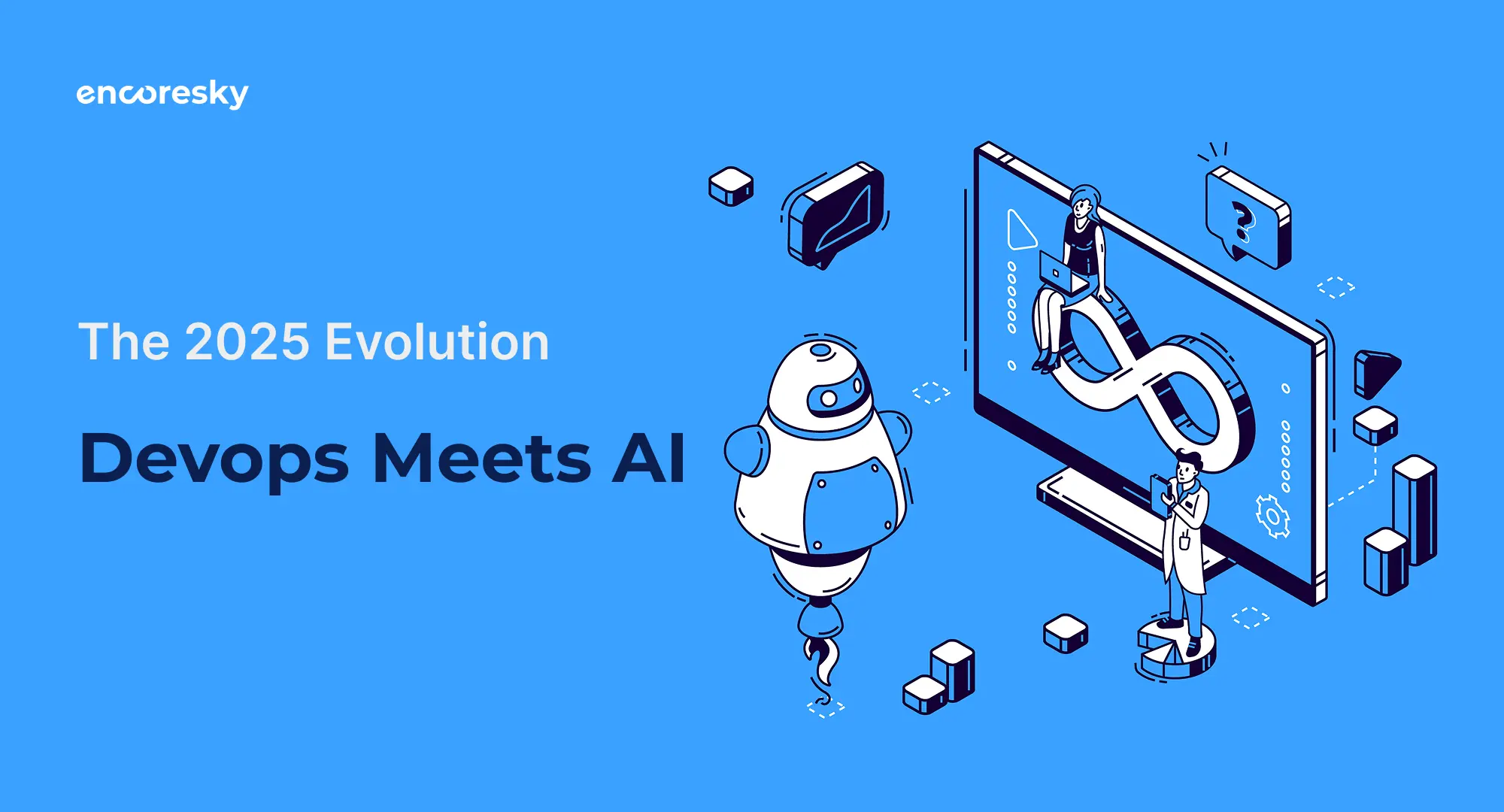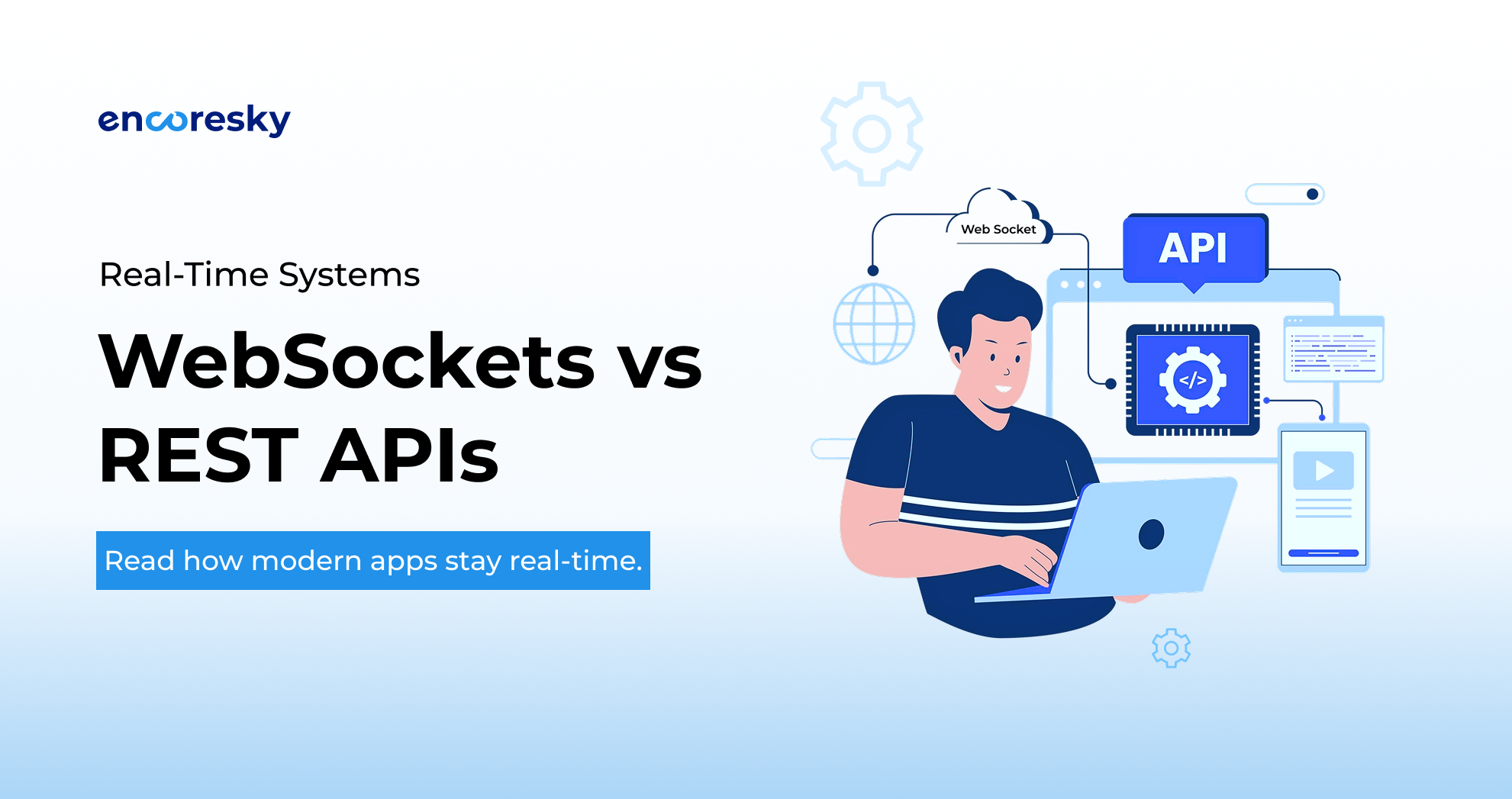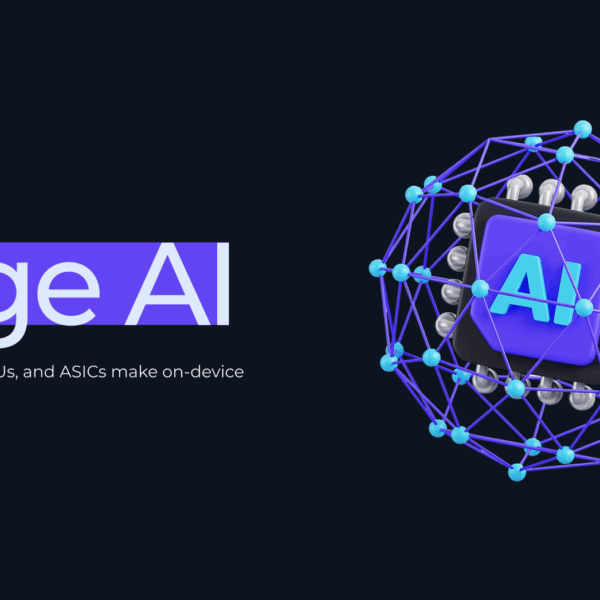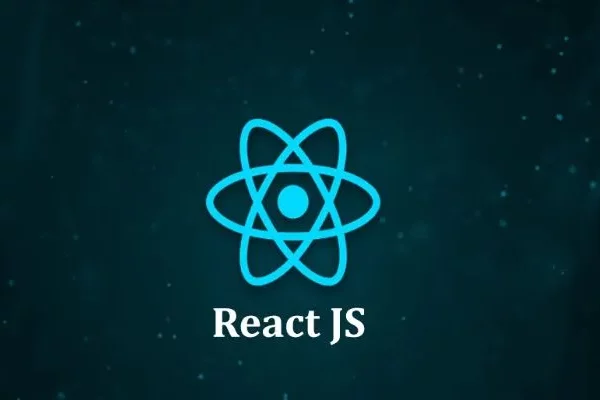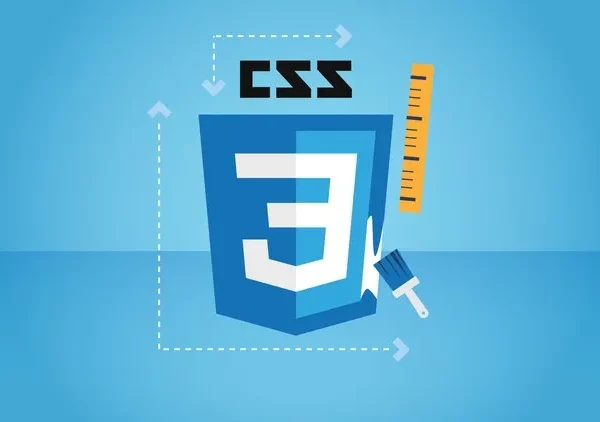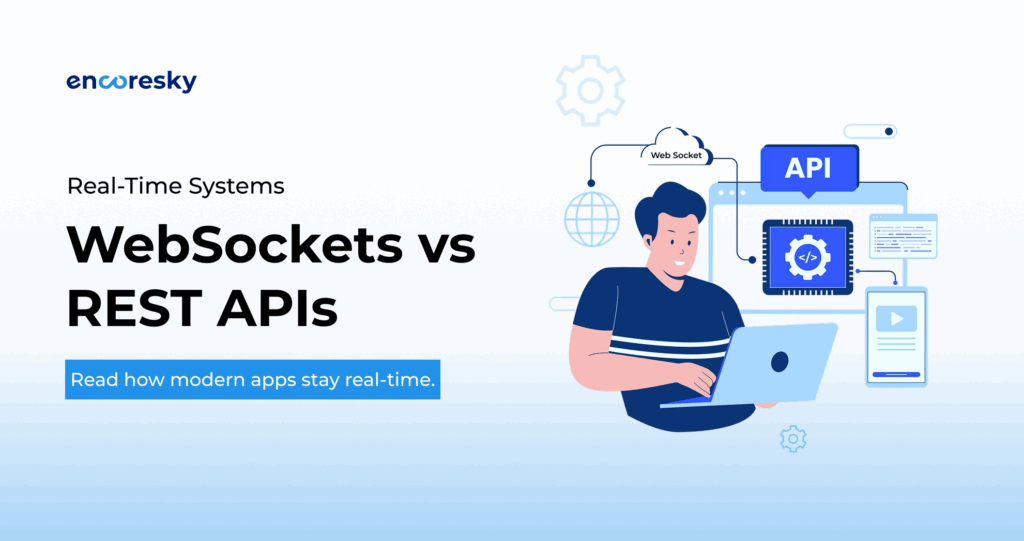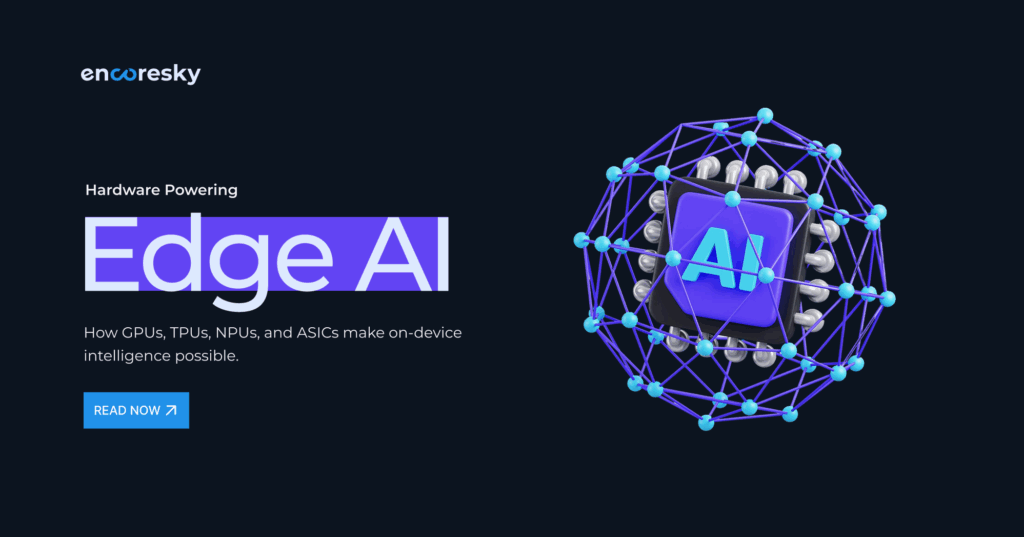The domain of software development is evolving fast. In 2025, DevOps—accelerated by automation, AI, and advanced algorithms and strategy optimizations.
This examines how AI technology transforms DevOps in 2025, with real-world examples. Let’s explore how software is now being built with the help of AI.
What is DevOps?
A set of software product development combined with DevOps (development and operations): it links software developers and other information technology professionals who are responsible for the operation of a given application. It focuses on:
- Automation: It automates Integration, Testing, and Deployments and Infrastructure (CI/CD) + IAC.
- Continuous Integration & Continuous Delivery (CI/CD) : Integrate code changes frequently and deliver them to production reliably and quickly.
- Infrastructure as Code (IaC): Manage infrastructure using code (scripts/configs) instead of manual setup. It enables consistency, repeatability, and version control.
- Monitoring & Observability: Continuously monitor applications and infrastructure. It Uses real-time data to detect, diagnose, and resolve issues quickly.
Key DevOps Updates in 2025
In DevOps 2025, Today, everything is a self-driving, self-optimizing pipeline with AI and machine learning incorporated into the system. The following are the major developments in 2025.
Self-Optimizing Pipelines
AI-optimizing CI/CD pipelines are a prime example. Let’s see how:
- Identifying patterns.
- Deployment and build logs.
- AI-based models also detect flaky tests, recommend work improvements, and dynamically allocate Cloud resources.
Predictive And Proactive Incident Management
- Identifying and fixing possible problems before deployment procedures.
- Using real-time scanning tools to detect early problems ensures faster solutions.
AIOps Integrations
- Automated workflows with queue-based triggers.
- It identifies problems and fixes them without human help.
Self Healing Infrastructure
- Misconfigured services trigger automated rollbacks or reconfigurations.
- Auto-scaling algorithms learn traffic patterns and adjust compute capacity ahead of demand spikes.
AI – Enhanced Developer Experience
- Code generation tools (e.g., GitHub Copilot ) provide intelligent suggestions like Terraform, and shell scripts.
- AI – Automated code reviews can flag potential security flaws, code smells, and style inconsistencies in real time.
Real-World Examples of AI in DevOps
Netflix – It utilizes AI technology to maintain streaming quality. AI helps monitor systems and fix issues without notice.
Amazon (AWS) – Use AI tools like Amazon CodeGuru. It helps identify bugs, security concerns, and performance issues early.
Google Cloud – Tools like Deepmind AI of Google Cloud manages data centers, saving energy and reducing outages.
Microsoft Azure- Tools like Application Insights and Azure Monitor help in forecasting issues and fixing them even before they grow.
The Future of DevOps
The next phase of DevOps will be even more autonomous, decentralized, and intelligent. Here’s what we expect to see:
Rise of NoOps – For some serverless or managed services, traditional Ops roles will disappear as AI fully takes over monitoring, scaling, and remediation. This is known as NoOps, where developers write code and AI handles the rest.
Hyperautomation – From planning (Jira, Linear) to deployment and observability, will be connected through intelligent automation pipelines, with AI managing dependencies, timelines, and workflows.
Human-AI Collaboration – Rather than replacing DevOps engineers, AI becomes a partner.
Engineers will focus on system design, ethical AI governance, and oversight, while AI executes and optimizes the routine and repetitive tasks.DevOps for Sustainability – As organizations grow conscious of their carbon footprints,
AI will optimize pipelines and infrastructure not just for speed and cost — but also for energy efficiency.
Conclusion
DevOps in 2025 is no longer just a methodology — it’s a dynamic ecosystem powered by artificial intelligence. The fusion of AI and DevOps is enabling faster releases, smarter incident response, more secure deployments, and a radically improved developer experience.
But these changes also bring new challenges: learning to trust AI-driven recommendations, managing AI system bias, and upskilling teams to work alongside intelligent systems.
